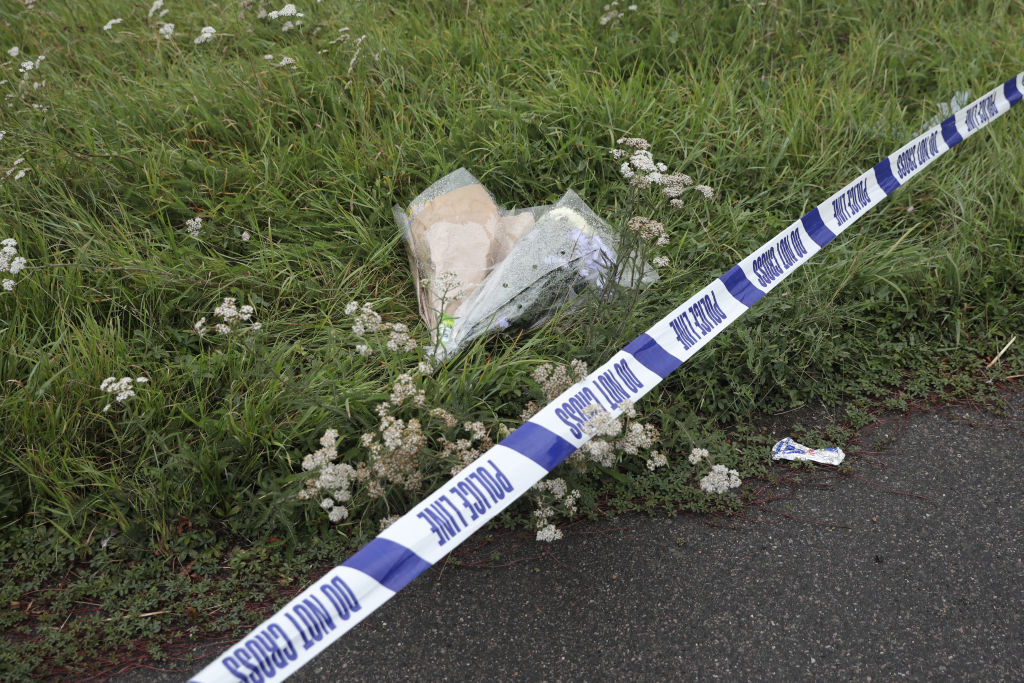Public discourse has become the linguistic equivalent of walking on egg-shells. Fear of causing offence is truncating open and free-ranging thought.
I took a call from a listener – Frankie from Huntingdon – on my Talk Radio show yesterday. He objected to something I’d said. I’d been discussing rural crime with the National Farmers Union (NFU) who had reported a surge due to Covid 19 and continuing greed. Quad bikes disappearing for cash; sheep & lambs, for food. Another caller – Mike from the New Forest – had observed: ‘When the fair happens, we know to lock everything up’.
I’d agreed. ‘There are armies of folk,’ I said, ‘travelling round the country, in white vans with flat-back trucks, who will take anything and everything’.
Frankie is a traveller with the fun-fair industry. He lives in a caravan and he and his team tour the country, putting up their rides, their slot-machine arcades and their candy-floss machines for profit and for our general amusement. All legal; all above board; all with local authority approval.
I explained to Frankie that the ‘fair’ Mike had been referring to was the equestrian fair where horses, ponies and even donkeys are bought and sold. They attract other folk who travel the country. I wasn’t saying it was his sort of fair nor that he was of that community of travellers; if he felt I was, I said, I apologised.
So two words got me in trouble: fair and travel, or traveller.
Clare Foges wrote a powerful piece for the Times in the wake of the killing of PC Andrew Harper. She called for a more open discussion about ‘travellers’. The three young men convicted of PC Harper’s killing were of that community. But to refer to them as ‘travellers’ is deemed pejorative. It muddles mobile criminals with law-abiding folk whose tradition is to travel the country and make a temporary home wherever they park-up. But fear of the former and what they do is real, especially in the countryside which is where I live. Understandably, Frankie was keen not to be painted with the same brush.
My son recently bought a beautiful 1923 gypsy caravan from a travelling man whose grandfather had built it. He had no further use for it but had great use for the reasonable price my son offered to pay for it. When he delivered it, we fell to talking and I asked if he was of Romany stock. He explained his family were English and, across the generations, had made a living off the land. But his knowledge of travelling people, and of Romany folk, was remarkable. Traditionally they made a living by trade and fortune telling, he told me. They had their own language; their roots, he said, were referred to in the Bible; some think they originated in South Asia, he added, or Egypt. We talked a little of Philip Pullman’s ‘His Dark Materials’, ‘Gyptians’, and much more. Then he took my son’s money and went on his way.
He’d have passed Bramdean Common as he headed home where we have a tiny 1920s chapel, built by a benefactor for travelling folk who may wish to pause for prayer. They still do; there are graves there, too. There should also be a monument to free-flowing discourse where one doesn’t constantly pause and hesitate in choosing ‘le mot juste’.
My argument about folk scouring the countryside to steal things may well have been contentious. It may even have been an incautious generalisation. But debate and argument are precious and live radio lends itself to it. Yet I was sharply reminded of the caution one has to take these days in indulging in it.
In describing folk, to some the words matter more than the general thought. The noun or adjective matters more than the thrust of the assertion. I never choose to offend. I always choose to engage and argue, calmly and politely. Inadvertently I’d offended Frankie so I apologised and he graciously accepted. But I went home reflecting that the simple choice of a wrong word or two had side-tracked a discussion on rural crime. In a world that cherishes free-thought and easy expression, that is a rather sad cautionary tale. Linguistically, the issues of race and gender are even more of a mine-field. That truth helps explain why it is now so difficult to have free and fast-flowing discussions of those matters.






Comments